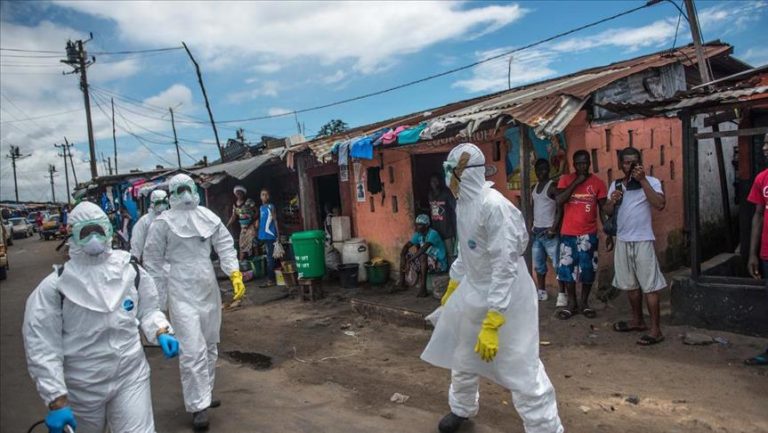The National Orientation Agency (NOA), has urged residents of Jigawa, to imbibe good sanitation habits and sleep in well-ventilated rooms to stem the spread of Cerebro Spinal Meningitis (CSM).
The NOA State Director, Mr. Ahmad Ibrahim said this against the backdrop of suspected cases of the disease recorded in the state.
This is contained in a statement by the Public Relations Officer of the agency, Ms Sarah Ogodo on Tuesday in Dutse.
He said that such awareness creation is imperative given the cases of meningitis recorded in Jigawa and neighboring states.
According to Ibrahim, meningitis can cause serious health complications and become life-threatening and advises people to ensure good hygiene and avoid high temperatures by sitting in airy environments.
Ibrahim enjoined Muslims to pray for peace, unity, and prosperity as well as demonstrate good values of compassion and generosity.
The Jigawa Primary Healthcare Development Agency has confirmed suspected cases of the disease recorded in six local government areas of the state.
According to the World Health Organisation (WHO), “Meningitis is a serious infection of the meninges, the membranes covering the brain and spinal cord. It is a devastating disease and remains a major public health challenge. The disease can be caused by many different pathogens including bacteria, fungi or viruses, but the highest global burden is seen with bacterial meningitis.
“Several different bacteria can cause meningitis. Streptococcus pneumoniae, Haemophilus influenzae, Neisseria meningitidisare the most frequent ones. N. meningitidis, causing meningococcal meningitis, is the one with the potential to produce large epidemics. There are 12 serogroups of N. meningitidis that have been identified, 6 of which (A, B, C, W, X and Y) can cause epidemics.
“Meningococcal meningitis can affect anyone of any age, but mainly affects babies, preschool children and young people. The disease can occur in a range of situations from sporadic cases, small clusters to large epidemics throughout the world, with seasonal variations. Geographic distribution and epidemic potential differ according to serogroup. The largest burden of meningococcal meningitis occurs in the meningitis belt, an area of sub-Saharan Africa, which stretches from Senegal in the west to Ethiopia in the east.”
NAN


